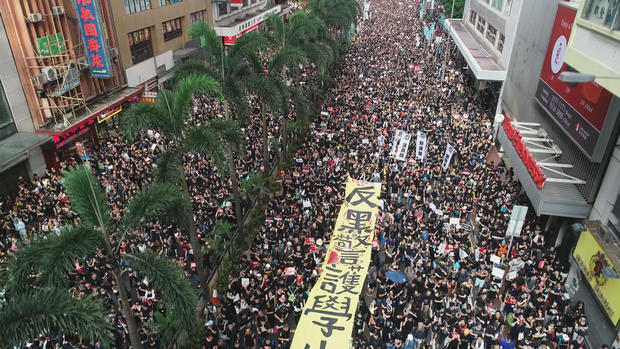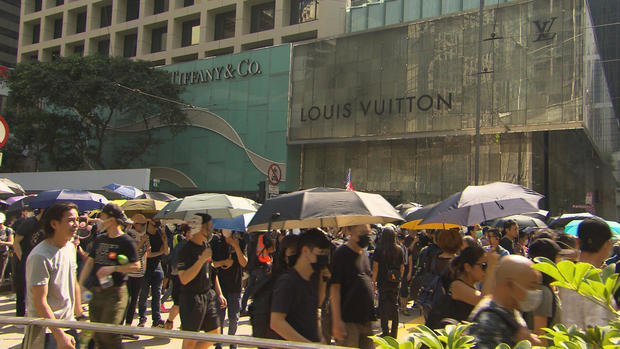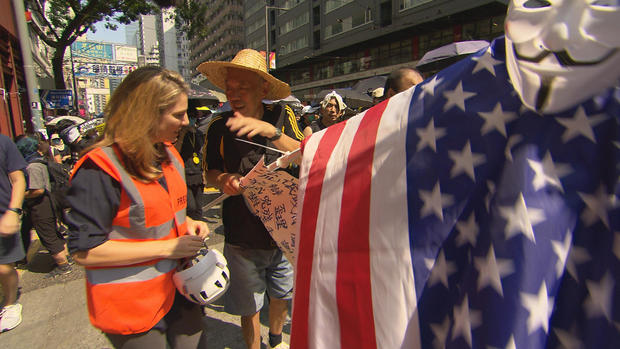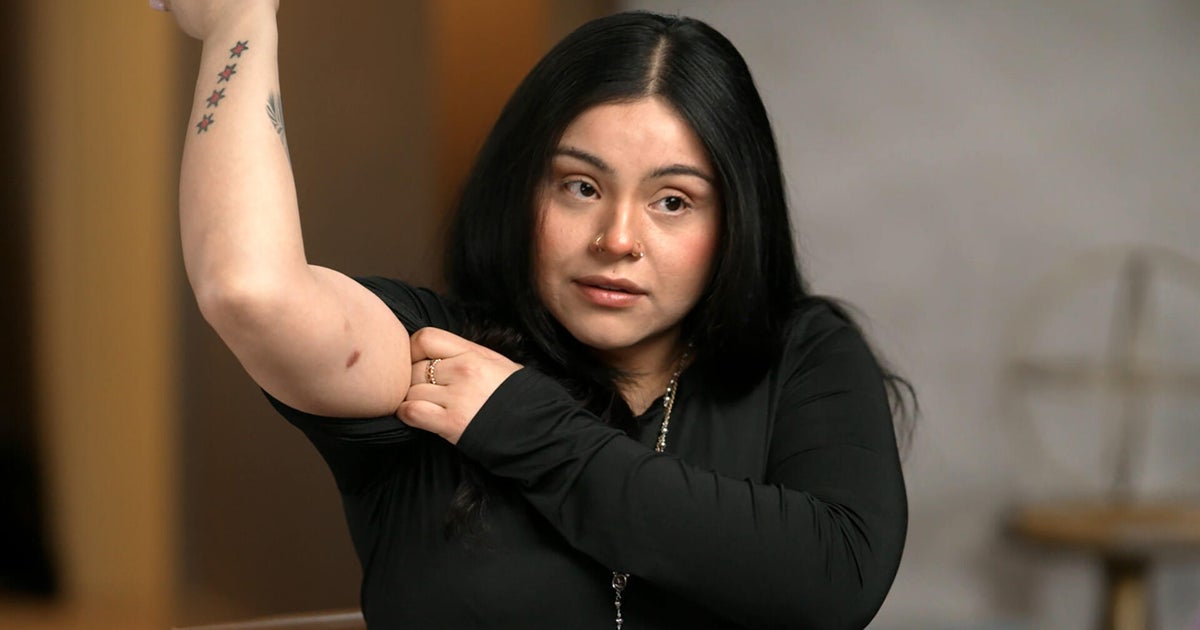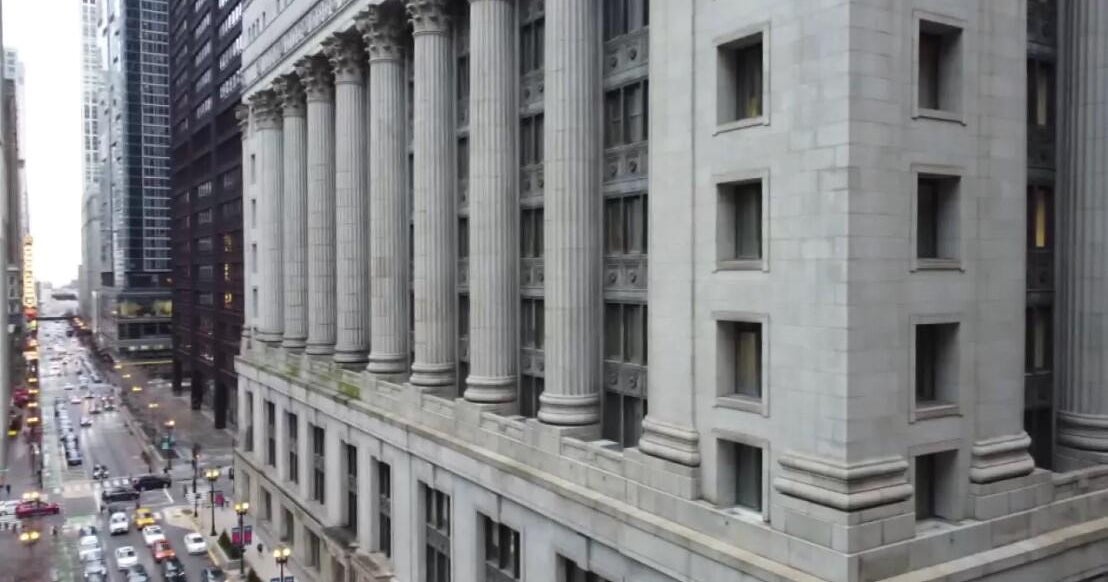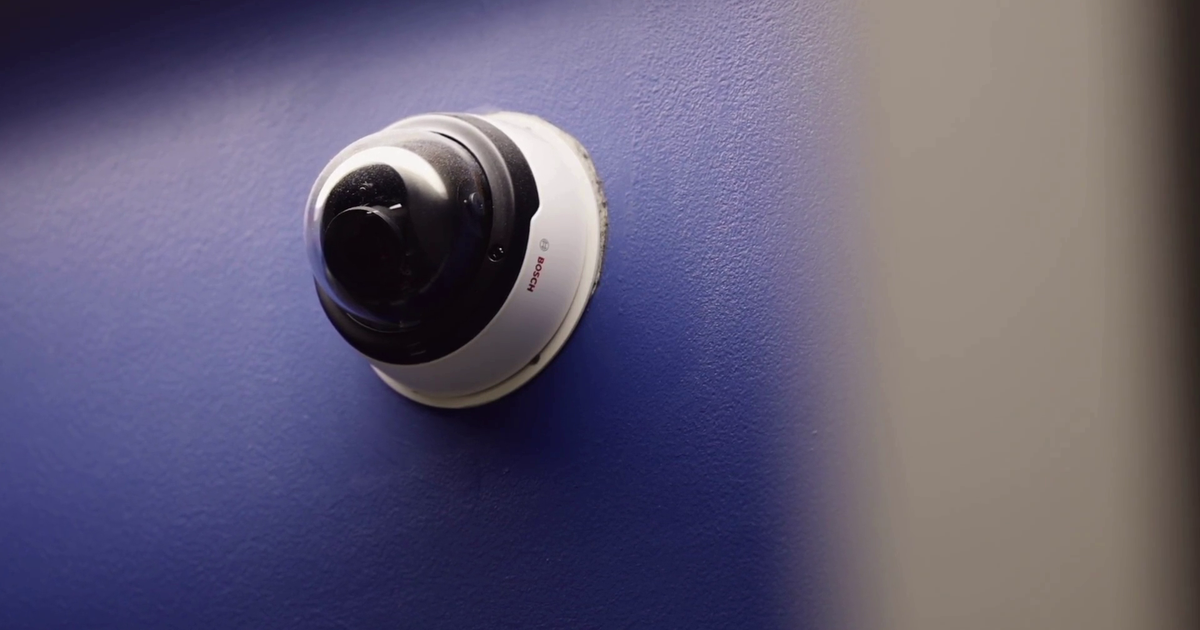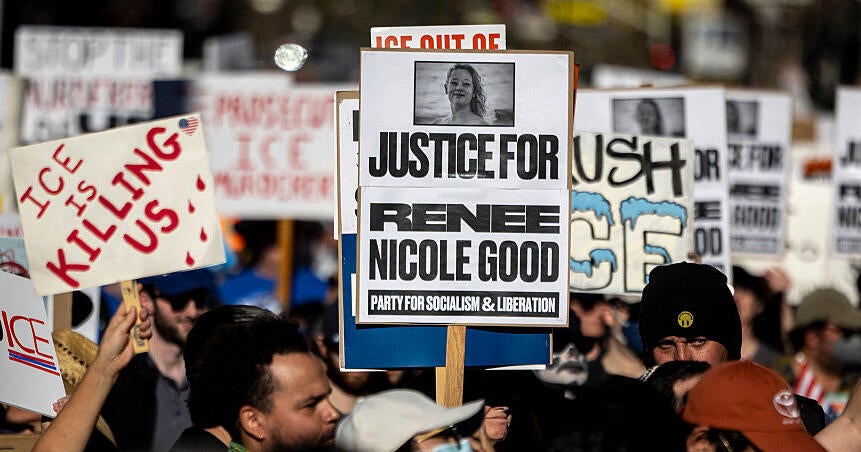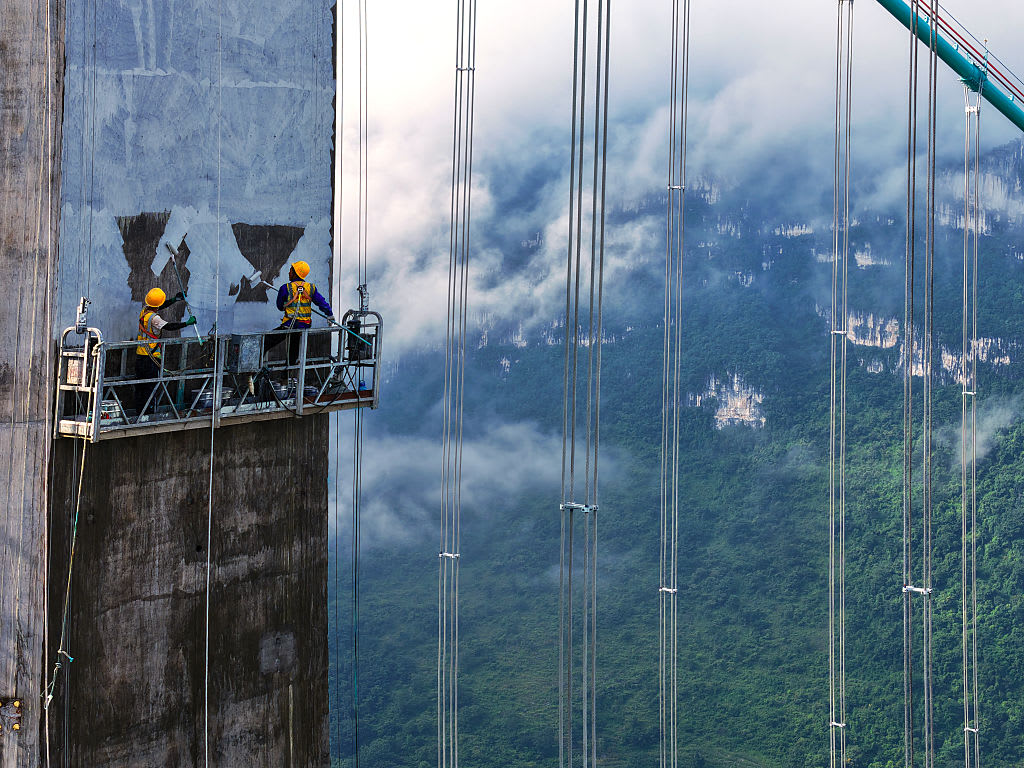Hong Kong protests: Weekend clashes, weekday capitalism
When CBS News foreign correspondent Holly Williams walked around the streets of Hong Kong during a protest earlier this month, she says she saw an aspect of the city she hadn't known about in her 12 years living and working in China.
"Has Hong Kong changed? Or did I not understand Hong Kong? That's the question in my mind," she told 60 Minutes Overtime in the video above.
Williams moved to China 1997, the same year Hong Kong was transferred to China after having been a British colony for a century and a half. Williams said she had spent a lot of time in Hong Kong and knew it as a fun city with great energy. But not a particularly political place.
"I think I had misjudged it," she said. "This is a place where people care deeply about their political rights. They want to hold onto the political rights that they have."
Williams was struck by the juxtaposition of prosperous middle-class Hong Kong residents going to work Monday through Friday, then taking to the street to protest every weekend. While the city's freewheeling capitalism continues unaffected during the week, hundreds of thousands of protesters have joined the movement each Saturday and Sunday for the last four months.
But as Williams points out in the video above, Hong Kong also depends on tourism, and in particular the millions of people who visit from mainland China every year. The ongoing protests are keeping visitors away, and Financial Secretary Paul Chan Mo-po said tourist arrivals in Hong Kong dropped 40 percent in August.
While walking with the protesters, another sight stood out to Williams: American flags.
"Clearly, the protesters in Hong Kong want U.S. support," Williams said.
Whether it is to get American lawmakers speaking out and putting pressure on the Chinese government, or making everyday Americans aware of what's happening with the protests, Williams said Hong Kong residents want to get the United States' attention. Carrying the Stars and Stripes is one way of accomplishing that goal.
"I think that's a very strategic and canny thing that they're doing," she said, "trying to make sure that ordinary Americans and members of Congress are watching what's happening in Hong Kong."
The video above was produced by Brit McCandless Farmer and Sarah Shafer Prediger. It was edited by Sarah Shafer Prediger.
